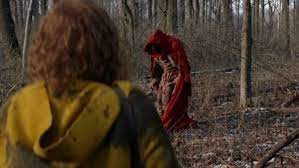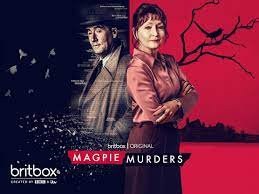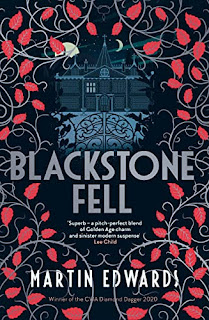On Saturday I made a nostalgic pilgrimage to Boroughbridge. The Crown Hotel in the centre of the town was the precise destination. Matthew Booth, convenor of the northern chapter of the CWA had taken the very good decision to hold a lunch for members at the venue of the very first meeting of the northern chapter, way back in 1987. There have been many enjoyable lunches at the Crown since then, but it was my first visit for about five years.
That inaugural lunch meeting of 1987 was truly memorable as far as I was concerned. It was the first time I'd attended a social event with crime writers. I'd only recently joined the CWA, on the strength of my reviews and writing about the genre, and at the time I was working on my first novel. The chapter was the brainchild of Peter N. Walker, a former policeman who would later become famous as the creator of the stories which formed the basis of TV's Heartbeat.
That day, I met Peter and his wife Rhoda, Reginald and Pat Hill, Robert and Louise Barnard, and Peter and Margaret Lewis. They were very welcoming to me and my fiancee and they all become much-loved friends. Never in my wildest dreams, though, did I anticipate the good fortune that lay ahead for me in connection with the CWA.
Thirty-five years is a long time and Mrs Edwards and I were the only people at Saturday's lunch who were there at the first meeting, but I must say that the current members are equally convivial and it was great to catch up with old friends again. Kate Ellis had proposed that some of us make a weekend of it and this proved a great success - we all had a lovely evening in the company of Peter's successor as convenor, Roger Forsdyke and his wife Penny, staying at a nearby gastro-pub. The gorgeous weather made the whole weekend memorable in its own right and it was good to explore parts of the area I've never seen before, including the mysterious Devil's Arrows - neolithic monuments in fields quite close to the main road. Interesting. It was so good to be back!

















